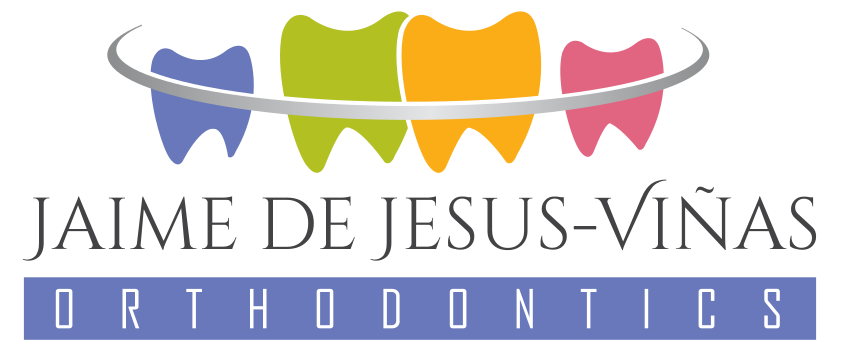TMJ
 TMD is a disorder that affects the temporomandibular joint (TMJ), or jaw joint, which can cause reoccurring debilitating pain in the jaw if left untreated or misdiagnosed.
TMD is a disorder that affects the temporomandibular joint (TMJ), or jaw joint, which can cause reoccurring debilitating pain in the jaw if left untreated or misdiagnosed.
The TMJ is the jaw joint that connects the mandible (lower jaw) to the temporal bone of the skull. It assists in the basic opening and closing movements of the jaw and is one of the most intricate joints in our bodies.
Common symptoms of TMD include:
- Clicking/popping in the jaw joints when opening or closing the mouth
- Persistent headaches and facial pain
- Limited ability to open the mouth
- Pain or tenderness in the neck or ear when talking, chewing or opening the mouth wide
Since these symptoms may be a result of other conditions, a thorough examination is needed to receive an accurate diagnosis and to design an efficient treatment plan.
We offer a TMJ exam that evaluates the joint tissue in the "hinge" of the jaw. Possible problems include swelling, deterioration of the joint tissue or damaged joint tissue (which cushions the jaw bones during the opening and closing movement of the mouth). Common pain relievers and cold compresses can provide temporary relief for most cases of TMD.
For more serious cases of TMD, we will recommend alternate treatments. Often, we will suggest using a mouthguard to relieve teeth grinding. In some cases, we will instruct you to use orthodontic appliances or retainers to alleviate discomfort or redirect positioning of the TMJ joint. For the most severe cases of TMD, we may recommend certain invasive procedures.
